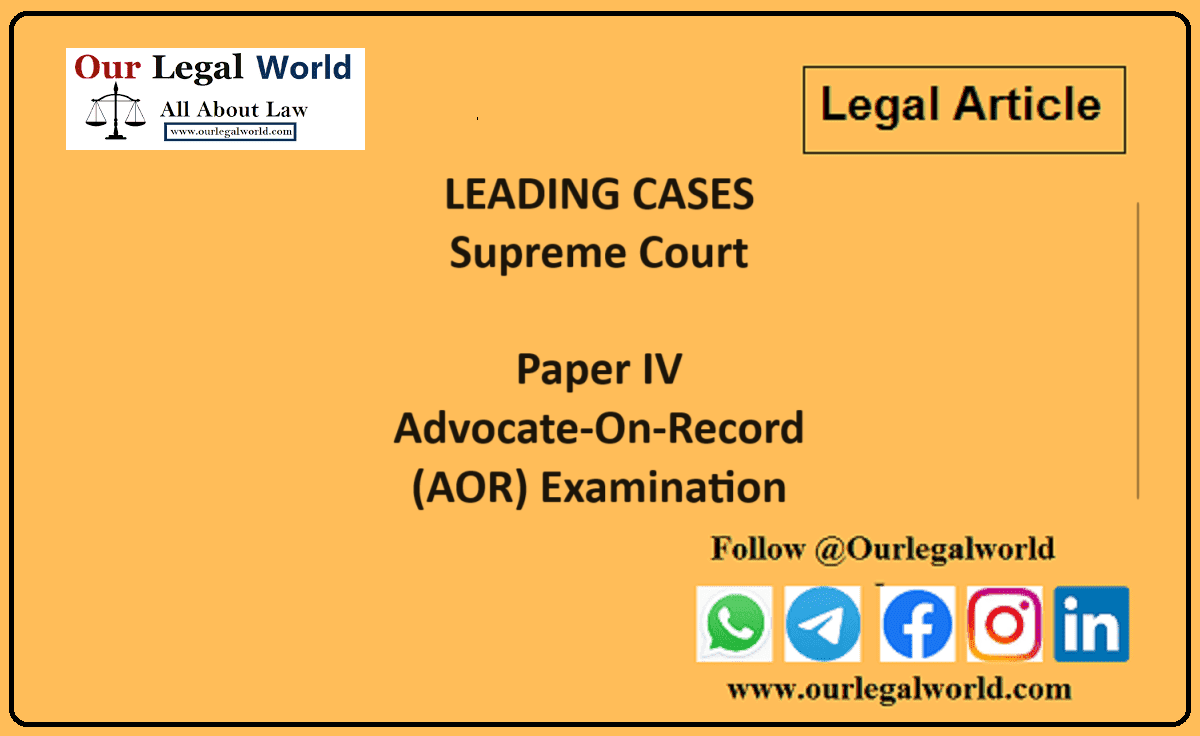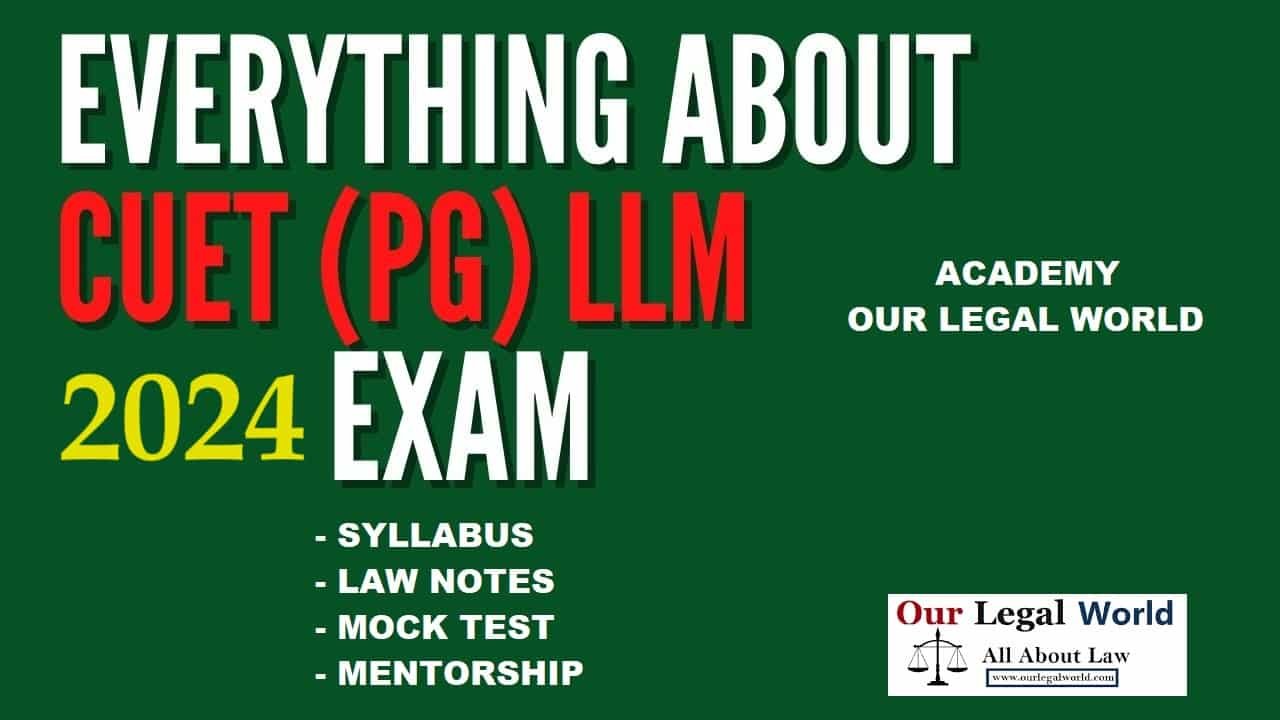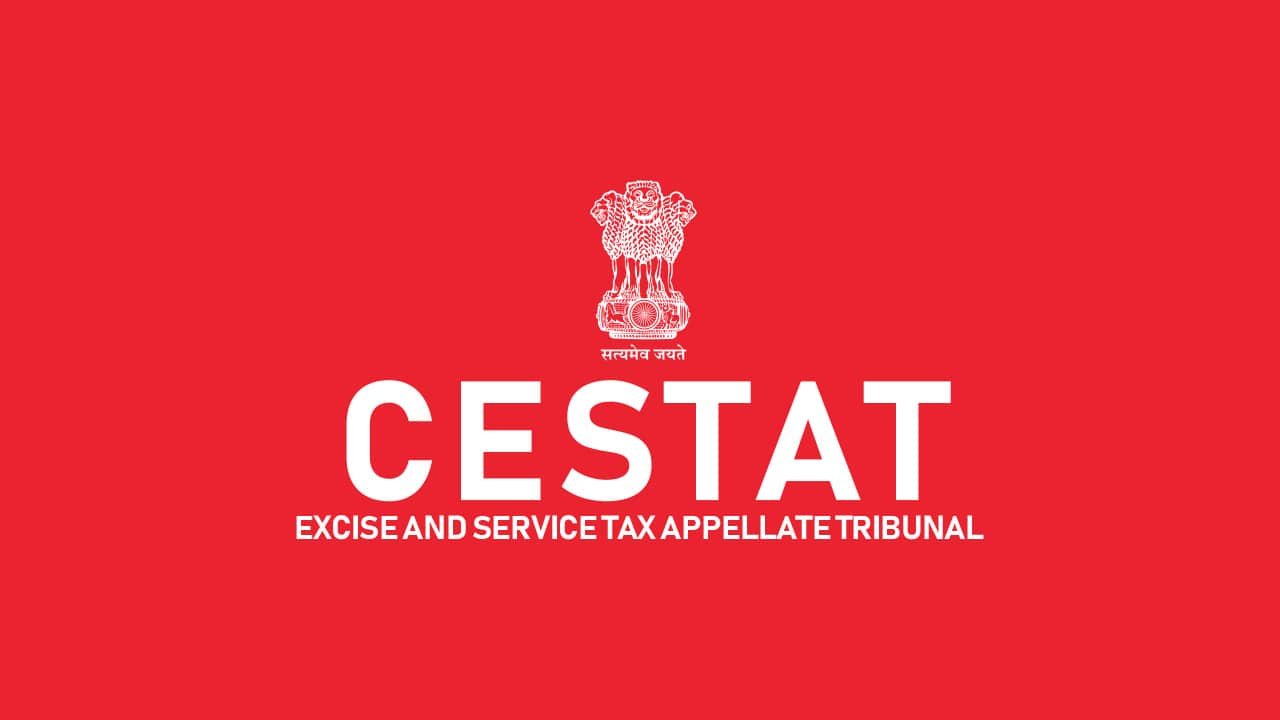SHAFEEN JAHAN vs. ASHOKAN (Hadiya Case): Case Study
SHAFEEN JAHAN vs. ASHOKAN [AIR 2018 SC 1933]
Hadiya Case
Introduction:
Former Chief Justice of India Dipak Mishra begins the present case with “When the liberty of a person is illegally smothered and strangulated and his/her choice is throttled by the State or a private person, the signature of life melts and living becomes a bare subsistence. That is fundamentally an expression of acrimony which gives indecent burial to the individuality of a person and refuses to recognize the other’s identity. That is reflection of cruelty which the law does not countenance.” The freedom to live one’s own life by his/her choice and making decisions for itself is fundamental for respecting and protecting dignity of any individual. Freedom is the way forward in the society and any act to restrict it by the old norm like that of patriarchy not merely restricts freedom but reduces female to a chattel to be controlled and regulated. The present case is the famous Right to marry case where Supreme Court upheld freedom of choice and once again showed the exit door to patriarchy. We all are aware that fundamental rights of freedom and life are enforced by people against the state. Here in this case Supreme Court enforced this right against the father who was using state machinery and High Court to subvert freedom of her daughter and her choices.
Facts:
Ms. Akhila now Ms. Hadiya is the daughter of Mr. Ashokan who was studying homeopathy from a college in Salem. Her father got a call from an unknown person one day that she is being inspired by someone to change her religion. He called her back home, failing of which he filed a case with the SP of the city and later filed a writ of habeas corpus with Kerala High Court. She appeared in the court and declared her will not to join her family with reasons.
After several months, another writ was filed by her father that she has been forced convert and will be transported out of country and seeks their help. The Divisional bench of High Court passed an interim order and put her under surveillance of her father. She then filed an affidavit as to how she is being isolated from everyone in her family and wants to live on her own as per her choice, which was granted by High Court in its next order. Her father again filed an application in court stating that she has not completed her degree and have been living with a stranger which attracts suspension. Taking note of this situation, the Court asked her appear on the next posting date and go with her father to her college to complete her degree. On the day of appearance she declared that she has married Mr. Shafeen Jahan and wishes to stay with him.
At this juncture, High Court applied the doctrine of Parens Patriae and declared her marriage void citing reasons like she is vulnerable at this age and they do not know anything about the man she married. They ordered that she should be taken to hostel with her father and nobody except her parents should be allowed to meet her. Further, she should be devoid of any mobile phone. This case before Supreme Court was a special leave to appeal by Mr. Shafen Jahan.
Issues:
The main issue before the Supreme Court was whether High Court was justified or had power to declare a marriage between 2 consenting adults as null or void in a petition for Habeas Corpus?
Provisions Involved:
1. Writ Jurisdiction of High Court under Article 226 of the Indian Constitution.
2. Article 136, Special Leave to Appeal.
3. Article 21, Right to life.
Analysis:
Court looked into various cases where the writ of habeas corpus has been explained and held that this writ is the epitome of civil liberty and the greatest constitutional privilege. The basis of this writ is to enable immediate determination of an individual’s freedom. After appearing before the High Court of Kerala and submitting affidavit with specific will to not stay with her father and also highlighting the harassment by the police, it was steer clear that she was not under any kind of confinement for which her father kept on approaching High Court for issuance of habeas corpus. The High court after making sure that she is free and not living under any kind of confinement should have let her free and dismiss her father’s petition. She is an individual and has been given complete freedom to exercise her will and choice to live a life of her own terms.
In Justice Chandrachud’s own word, “The ambit of a habeas corpus petition is to trace an individual who is stated to be missing. Once the individual appears before the court and asserts that as a major, she or he is not under illegal confinement, which the court finds to be a free expression of will that would conclude the exercise of the jurisdiction.”
Article 21 entails a life of dignity, and a life with commandments at every step is not a free life and definitely not a dignified life. She is above all an individual who is guided by her conscience to chose and shape her future the way she wants. Her father’s concerns were of parental nature, though not wrong but cannot override her liberty and constitutional guarantee. A parent wants the best for her child but what is best to them can be hidden behind the veil of patriarchy and other ancient dominations. The court further said that marriage is a very private matter of an individual, on whom family can have a say but cannot impose their will. Religion is the least concern in a marriage setting and again a private concern of the individuals.
With regards to the usage of doctrine of Parens Patriae which means father of the state was again a wrong application here. In earlier times, this doctrine was used to denote to the King who used to take care of his subjects. In contemporary times, it is used to denote the state to refer to its sovereign power to protect and provide for its citizens those are unable to make decisions for themselves due to some form of incapacity like minority, insanity, disability, etc. Our constitution provides an obligation on the state to take care of their interests. High Court of Kerala after determining itself as state under Article 12 of the Indian Constitution exercised this role and declared the marriage void. This was a wrong application of this doctrine. The girl Hadiya had no form of incapacity here. She was a well informed educated adult making a decision. High Court observed that she was at a vulnerable age and cannot decide for herself. In numerous cases it has been a set principle that this doctrine is used in exceptional circumstances only. And this was definitely not one of them. Annulment of a marriage is outside the scope of Habeas Corpus petition and even under this doctrine, it is errorneous application.
Judgment:
The judgment was delivered by former CJI Dipak Misra, A.M. Khanwilkar and Dr. D.Y. Chandrachud. All concurring to the fact that High Court went beyond its judicial power in deciding a case of habeas corpus and also that parens patriae was wrongly applied. They declared Right to Marry is a Fundamental Right enshrined under Article 21 and forms an essential part of right to self-determination.
Also Read: ROMESH THAPPAR V. THE STATE OF MADRAS:- Case Study
Conclusion:
Social norms and morals have their important stand in society but they are not above constitutionally guaranteed rights and liberties. The said right over here is a basic human right and deprivation of that right because of matters of faith is injustice and wrong to constitution. The application of parens patriae by High Court reflects the patriarchal approach followed by the court which is non-acceptable in modern times. Right to self-determination is part of right to privacy and apart from constitution has been recognized by numerous Conventions. Hence, the apex court was right in upholding her choice to marry whomsoever she wants.








